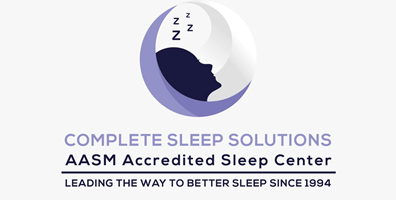
Hypersomnia
If you sleep too much during the night or day, you might suffer from hypersomnia. Symptoms of hypersomnia include sleeping in too late, chronic depression, chronic fatigue, feelings of jet-lag, circadian rhythm disorders or medical illnesses.
Overview
Hypersomnia, which refers to either excessive daytime sleepiness or excessive time spent sleeping, is a condition in which a person has trouble staying awake during the day. People who have hypersomnia can fall asleep at any time -- for instance, at work or while they are driving. They may also have other sleep-related problems, including a lack of energy and trouble thinking clearly.
According to the National Sleep Foundation, up to 40% of people have some symptoms of hypersomnia from time to time.
Causes of Hypersomnia
There are several potential causes of hypersomnia, including:
- The sleep disorders narcolepsy (daytime sleepiness) and sleep apnea (interruptions of breathing during sleep)
- Not getting enough sleep at night (sleep deprivation)
- Being overweight
- Drug or alcohol abuse
- A head injury or a neurological disease, such as multiple sclerosis or Parkinson's disease
- Prescription drugs, such as tranquilizers or antihistamines
- Genetics (having a relative with hypersomnia)
- Depression

